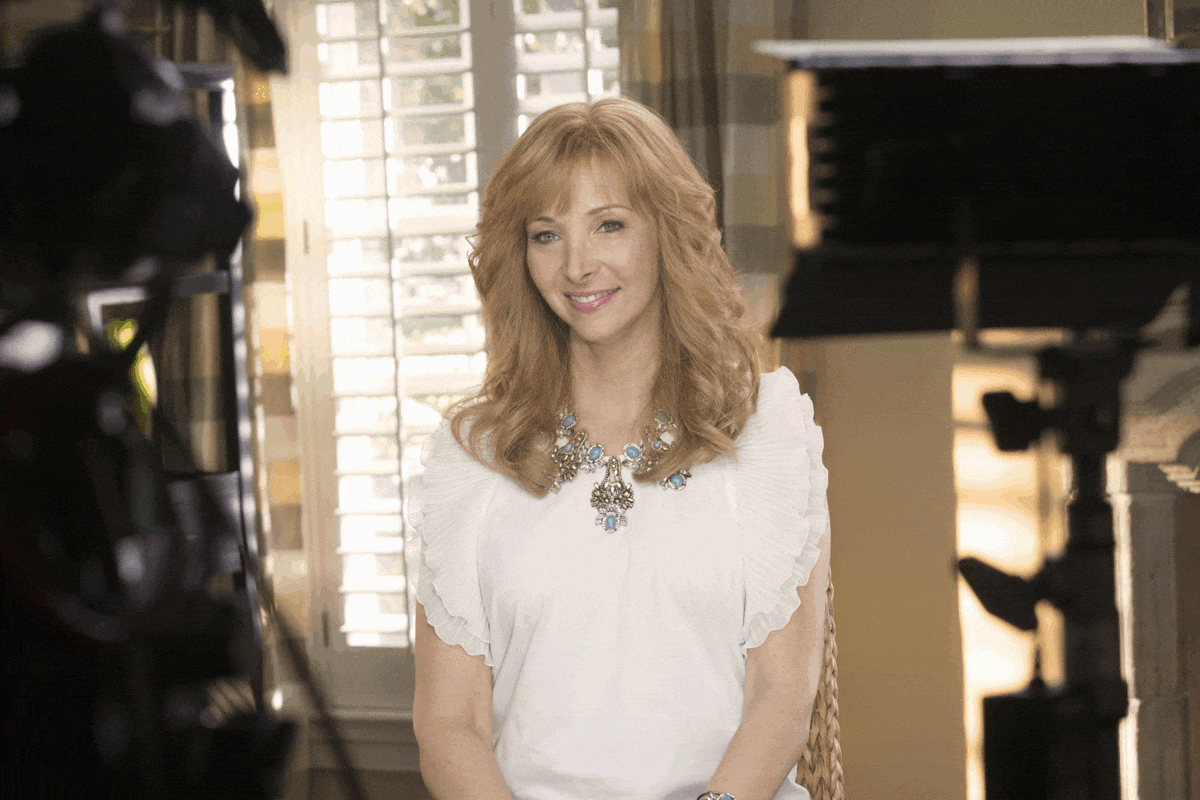The Genetic Roadmap
- Share via
Genetically engineered vegetables. Dairy cows infused with human genes in order to produce milk that contains the same therapeutic proteins found in a woman’s breast milk. A newborn baby given genes intended to correct a faulty immune system. What was once science fiction is today fact in the rapidly developing field of genetics.
“The Secret of Life,” an eight-hour documentary series that KCET will air over four consecutive nights beginning tonight, examines the incredible developments made by scientists in recent years as they have learned how to better read and manipulate the genetic blueprint of life: DNA.
The series is hosted by geneticist and environmentalist David Suzuki, who is also the longtime-host of the Canadian-produced science program “The Nature of Things.” Suzuki talked about “The Secret of Life” and his work as an environmentalist with writer Jon Matsumoto.
What do you hope to achieve with “The Secret of Life”?
One of the sequences for the program involves a sixth-grade class where they’re isolating DNA from one organism and transferring it into another organism as a routine lab exercise. I never thought I would live to see that in my lifetime. The implications of that kind of knowledge are incredible. So the series is really important to alert people to the fact that this stuff is going on, so that they’ll take it seriously and really consider how they want to see it develop. There can’t be any area with greater implications---- explosive implications----than in the area of genetics. There are too many areas where science impinges on our lives where you simply can’t rely on our political leaders, scientists or the business community to make the right decisions.
Where do you personally stand on the issue of genetic engineering?
We shouldn’t be fooling around with manipulating genes in people until there has been much more public discussion. The fact is, it’s too late now. It’s already going on. When we began to shoot for the series two years ago, no child had been genetically engineered. We got permission to shoot the first child ever to receive genes to cure a disease. But by the time the series goes to air there are going to probably be several dozen children and at least 10 different diseases that will have been (treated genetically). In the series, I don’t think we discuss the philosophical implications nearly enough. It’s all going far too fast and I think there will be consequences that we can’t predict. The history of technology is that you can’t ever predict every possible negative effect. A lot of the public is very excited about the genetic engineering of many of the genetic diseases like cystic fibrosis. But there is a significant group that is really revolted by the idea that we’re going to be able to make food from combinations of different organisms and that we’ll be able to genetically engineer animals so that they can donate organs to humans.
There’s one segment in the series involving a mother who has her undersized son treated with human growth hormone. What was your reaction?
I find that really disgusting. A great deal of genetics now is driven by biotechnology companies where you have investors that want to make money. When that’s the case, there’s tremendous pressure to get your product on the market. With human growth hormone, the problem is that there are only so many dwarfs in the world that need it. And now that you can make huge amounts in big tanks, you’ve got far more product than you have people to use it. So what do you do in a free-enterprise situation? You create a market by taking people who are perfectly normal and making them abnormal. The kid in the film is a perfectly normal child. The only problem is that he’s on the short end of the scale. So they offer the mother a product----human growth hormone----and say that they can make her child “normal.” Now in our society we can engineer your desires and, my God, that gets you into some terrible issues.
Were there any concerns that some people might be intimidated by a show about genetics?
That’s a fear with a lot of topics in science----that people might have preconceptions like, “I can’t understand that” or, “It’s boring.” All I can say is that we depend on publicity and articles that will say, “Look guys, this is not beyond your comprehension.” It’s exciting, it’s wonderful and it’s frightening. You can’t afford not to be informed about these issues.
You’ve started your own environmental foundation. What are its goals?
The David Suzuki Foundation is based on the notion that the planet is in deep trouble. We’re not debating whether global warming is going to happen or how soon or how much. We’re already taking it for granted that it’s a very severe situation. What we’re saying is, “Let’s find out what the ecological principles are that allow organisms and humans to sustain themselves.” Then we’re going to find out what changes we have to make in the ways in which we live to accommodate those principles in the next 10-15 years. Then we’re going to take that vision and we’re going to sell it to the grass-roots level. Real change is going to come from the grass-roots up, not from the top down. We don’t take any money from government or big corporations. And we feel the important people who are going to give us our strategy are women, children, elders and aboriginal people. They are the major players in our foundation.
“The Secret of Life” airs Sunday through Wednesday at 9 p.m. on KCET ; “The Nature of Things” will air Sunday s at 7 p.m. on the Discovery Channel beginning Oct. 3.






